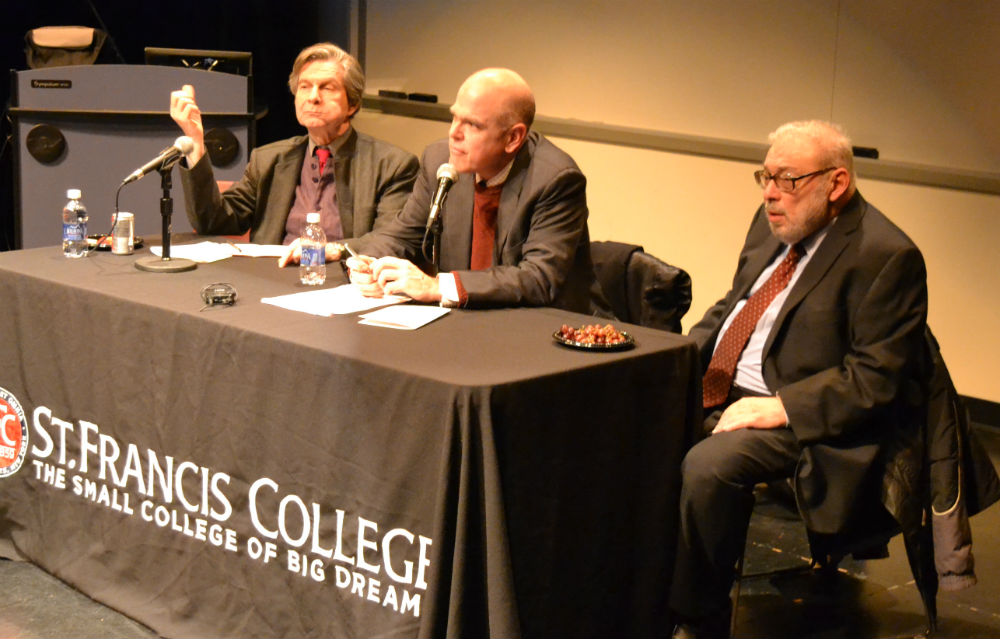

Minimizing the advances made by black Americans since the 1950s, these writers claim that the nation's deep-seated white racism has utterly confounded even the best-intentioned efforts to improve conditions in the inner cities. What went wrong? Why did big-city liberalism, one of the durable cornerstones of modern American reform, fail to rectify long-standing urban ills? In particular, why did race relations in the big cities, so fundamental to recent urban turmoil, appear only to worsen under liberal municipal governments?Īccording to such influential writers as Andrew Hacker, Derrick Bell, and Tom Wicker, race has actually been the key factor in explaining the cities' difficulties. By the early 1990s, many voters were ripe for revolt - and in heavily Democratic New York and Los Angeles, the nation's greatest cities, moderate Republican mayors took power, pledged to rejecting the liberal ideas of the past. Liberals continued to dominate the city councils and, in most cases, the mayor's offices of the largest American cities through the 1980s - but to little avail. On the left, confrontations and black-power rhetoric became substitutes for politics on the right, bigotry and cynical opportunism forestalled appeals to conscience and civic virtue and the nation's cities fell deeper into debt, despair, and disrepair. Kennedy, was there much hope of building enduring political alliances between urban blacks and blue-collar whites, despite the efforts of figures like Mario Cuomo, Ray Flynn, and Major Owens. Nor, after the assassinations of Martin Luther King, Jr., and Robert F. "Liberal politicians (with the concurrence of radicals)," the New York feminist critic Ellen Willis observed, had dangerously "dismissed the workingman's fear of crime as racist paranoia and his resentment at having to support people who did not work as social backwardness." The dissidents charged that these mainstream liberals, viewing white racism as the chief source of urban injustice, had demonized white ethnics while pandering to zealots who claimed to speak on behalf of the ghetto masses.Īt the time, these warnings did not win much attention in the tone-setting liberal editors' offices and foundation boardrooms.

In the mid- to late 1960s, when reform still seemed both limitless and inevitable, a few dissident big-city writers warned of an impending crisis in urban liberal politics.


 0 kommentar(er)
0 kommentar(er)
